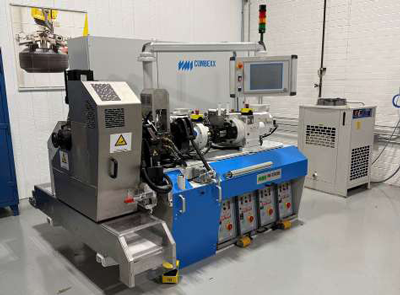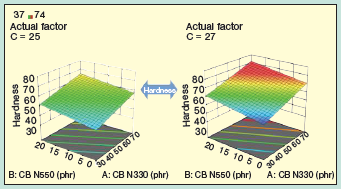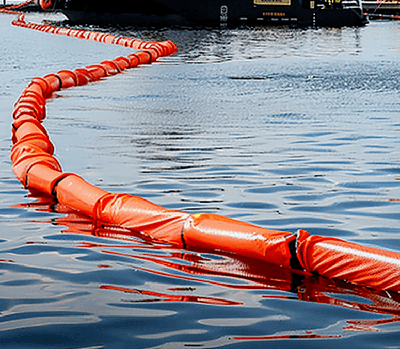Kraiburg introduces new Thermolast H compounds for medical tubing
KRAIBURG TPE introduces the new THERMOLAST® H compounds designed to meet the strict requirements of medical tubing. With flexibility, kink resistance, chemical compatibility, colorability, and other specialized benefits, THERMOLAST® H TPEs deliver a safe, smart, and sustainable material solution for a wide range of medical and healthcare applications. Ideal for the development of next-generation IV lines, external catheters, and customized tubing such as peristaltic, drainage, short-term use feeding tubes, and more.
Read More








